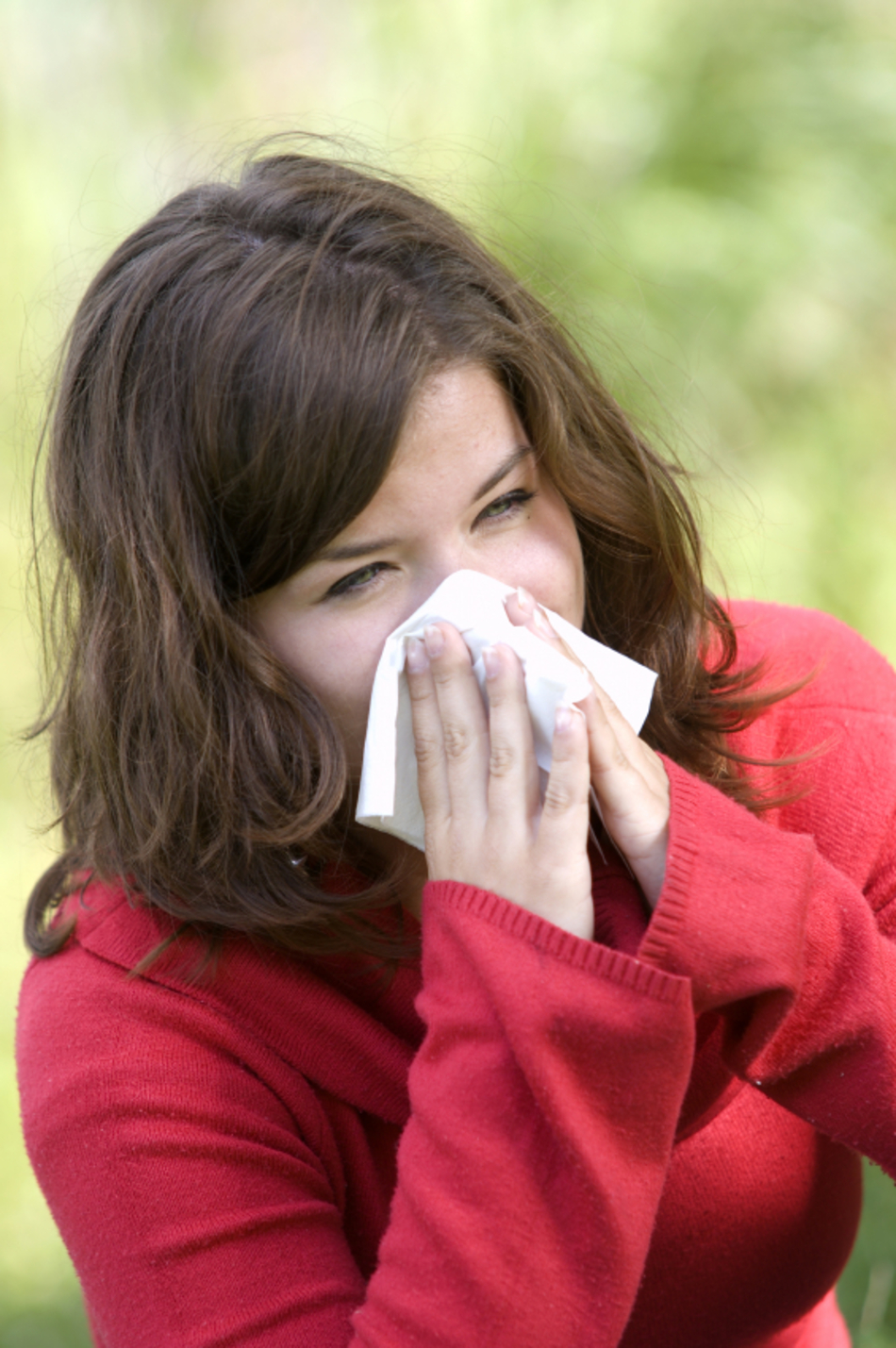Episode Transcript
Interviewer: Can you prepare for spring allergy season in the winter? We'll examine that next, on The Scope.
Announcer: Medical news and research from University Utah physicians and specialists you can use for a happier and healthier life. You're listening to The Scope.
Interviewer: So, about this time in the winter everybody's dreaming about spring, except for maybe allergy sufferers and I think even they perhaps are dreaming about spring, maybe a spring without allergies. Is there actually something you can do in the winter to prepare for that? Dr. Kevin Wilson is an ear, nose, and throat specialist at the University of Utah hospital. What can I do now to prepare for allergies in the spring? Is there anything?
Dr. Wilson: Well, it depends on what you're allergic to.
Interviewer: Okay.
Dr. Wilson: So, if you're allergic to a year-round allergen like dust or your cat or dog or mold you've probably been suffering all winter long and it hasn't made a difference for you.
Interviewer: So mold's year-round, interesting. Okay.
Dr. Wilson: There are some seasonal parts of it because it tends to grow in moist, warm environments so it can grow in the thatch under your lawn.
Interviewer: Gotcha.
Dr. Wilson: So, when you first start mowing it's been that moist kind of melting snow and you'll get some mold in there and that'll start kicking up. You may notice some of that.
Interviewer: Alright.
Dr. Wilson: If you're, you know... spring's going to be bad for you if you're allergic to trees. That's the first thing that's going to be blossoming in kind of March-April time frame. Next will be the grasses in June-July area and then the weeds will be more in the fall so that can give you kind of an idea about when your symptoms are as to what you're allergic to. So, if your symptoms occur just as the snow is melting then you can assume it's a tree.
Interviewer: Darn trees!
Dr. Wilson: Yep and there's not really a lot you can do about it to prepare. Again, it's about avoidance, it's about treating the symptoms if you can, and then hoping that the time will come when those trees stop pollinating.
Interviewer: So, in the tree season if I'm on some sort of medication so I need to start ramping that up or can I start taking as soon as tree season hits? Do I need, like a two week period or whatever before?
Dr. Wilson: That's a great question. So, one of the main medications that we use is nasal steroid spray and that's a spray you get from your doctor. It's not available over the counter and it takes about a week or two for it to work so if you're going to be using a spray like that, then yeah you would want to use it a couple of weeks before you expect those symptoms to begin. The antihistamines like the pills and things, they work pretty rapidly so you can just start using those as needed when you start to get symptoms.
Interviewer: So really only if I'm using a spray is there anything I can really do to prepare other than just be aware it's coming?
Dr. Wilson: Just be aware.
Interviewer: Alright. Not a lot of preparation you take it as it comes. What about putting in... do filters in my house, heating and cooling systems make a difference?
Dr. Wilson: Yeah, you know, you can spend a lot of money on filters and purifiers and other things. The studies aren't that great, unfortunately.
Interviewer: Oh, okay.
Dr. Wilson: If you're going to invest in a filter, it's probably better to do an in-room filter rather than a whole house filter because they're more efficient and with a full house filter you'll really wear out your blower on your furnace.
Interviewer: Because you'd have to keep that on all the time...
Dr. Wilson: You've got to change that filter all the time because unfortunately pollens and allergens are very, very tine so you've got to get a very high efficiency filter for it to really be effective and of course that's going to plug up those holes pretty quick.
Interviewer: Sure.
Dr. Wilson: So I don't recommend in general the full house filter. I feel like treating the symptoms and focusing on the patient rather than on the environment, maybe getting the patient out of the environment rather than trying to change the environment is a lot more effective.
Interviewer: Final thoughts on preparing for allergies?
Dr. Wilson: Good luck with the season; everyone thinks that this year is the worst year. The reason is we have a very short memory.
Interviewer: Every year is bad!
Dr. Wilson: That's right! Every year is bad, there are worse seasons than others but you know your systems will likely roll around every year.
Announcer: We're your daily dose of science, conversation, medicine, this is The Scope, the University of Utah Health Sciences Radio.
